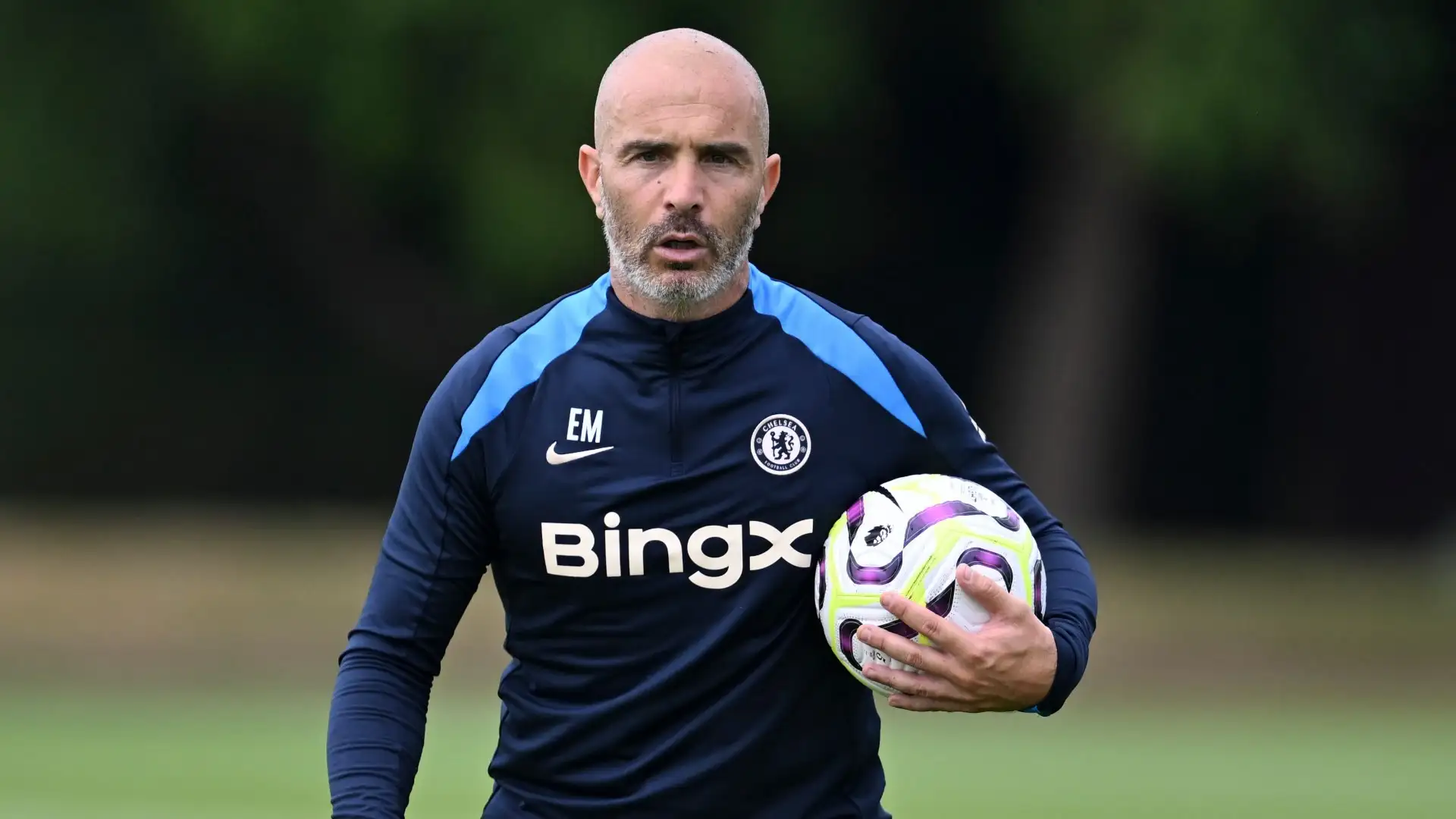Chelsea manager Enzo Maresca has called on the Premier League to revise its financial regulations to reduce the pressure on clubs to sell academy players. The current system, which counts the full transfer fee of academy graduates as ‘pure profit,’ helps clubs meet strict profit and sustainability rules but forces them to offload promising young players to balance the books.
The Financial Pressure on Premier League Clubs
The current financial rules in the Premier League require clubs to adhere to strict profit and sustainability standards. This has led to a scenario where selling academy players becomes a financial strategy, as the entire transfer fee from these sales is considered pure profit. For a club like Chelsea, this rule has led to the sale of several homegrown talents, including Conor Gallagher, who recently agreed to a £33 million move to Atletico Madrid. Other notable sales include Mason Mount to Manchester United for £55 million, Lewis Hall to Newcastle United for £28 million, Ruben Loftus-Cheek to AC Milan for £15 million, Ian Maatsen for £35 million, Callum Hudson-Odoi for £5 million, and Billy Gilmour for £7.5 million. Additionally, Armando Broja and Trevoh Chalobah are also expected to be sold.
Maresca’s Concerns and Call for Change
Enzo Maresca has voiced his concerns regarding these regulations, emphasizing that the issue is not limited to Chelsea but affects all Premier League clubs. Maresca lamented the decline of ‘one club men’—players who spend their entire careers at a single club—citing examples like Francesco Totti at Roma. He highlighted that modern financial pressures make it difficult for clubs to retain such players. “It’s not only us; it’s all the Premier League clubs,” Maresca said. “It’s a shame because in Italy, we have Totti with Roma, 20 years with the same club—one club man. We love that in football, the fans want to see that. But with the rules now, it is different than in the past.”
When questioned about whether Chelsea’s spending has contributed to this situation, Maresca acknowledged that it is a factor but noted that all big clubs spend money to buy players. “Yeah, but it is not only Chelsea spending money on players. It’s all the big clubs trying to buy players. Some of the clubs spend more, some spend less. My personal opinion is it’s a shame because we like to see a one-club man, but the rules are different.”
Potential Solutions and Future Outlook
To address these challenges, Premier League clubs have agreed to trial an alternative financial system similar to a spending cap in the 2024-25 season. This new system aims to mitigate the financial pressures that currently force clubs to sell their academy graduates. Maresca supports this initiative, suggesting that changes are necessary to protect academy players and maintain fan-favorite traditions. “If they want to protect academy players, then probably yes,” he said when asked if the rules need changing.
The introduction of a spending cap could potentially reduce the need for clubs to sell their young talents and allow them to focus on developing homegrown players. This would not only benefit the clubs financially but also preserve the emotional and cultural connection fans have with players who come through their club’s academy system.
The Impact of Academy Player Sales on Chelsea
Over the past four transfer windows, Chelsea has spent over £1 billion to revamp their squad with young players. The sales of academy graduates have been crucial in facilitating this expenditure. However, the downside is the potential alienation of supporters who value the club’s homegrown talent. Selling popular academy players like Conor Gallagher, who has been at Chelsea since he was eight, can upset the fanbase.
Maresca emphasized that while the sales are a necessity under the current rules, they are not ideal for the club or its supporters. He urged the Premier League to consider the broader impact of its financial regulations on clubs and their ability to retain homegrown talent.
Conclusion
Enzo Maresca’s call for reform in the Premier League’s financial regulations highlights a critical issue facing many top-flight clubs. The current rules, designed to ensure financial sustainability, inadvertently pressure clubs into selling their promising academy players. By trialing a spending cap system, the Premier League aims to address this issue and create a more balanced financial environment where clubs can retain and develop their young talents. This change could benefit not only the clubs but also the fans who cherish seeing homegrown players succeed at their boyhood clubs.
ALSO READ:Joshua Cheptegei Withdraws from 5,000m at Paris Olympics to Focus on Recovery


